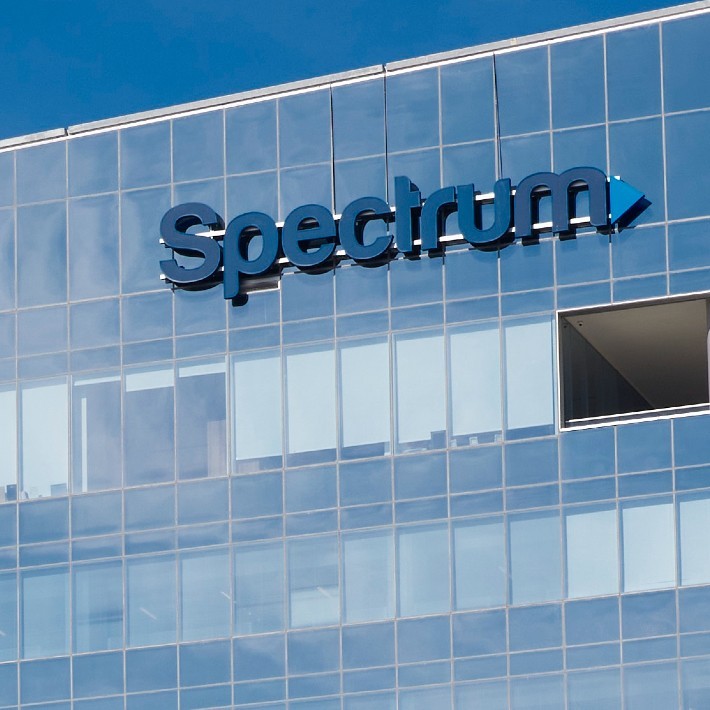Charter snags lion's share of Kentucky broadband funds
Charter Communications has picked up nearly $50 million in state grants to deploy broadband service in several rural Kentucky counties.

Charter Communications has emerged as the biggest winner in Kentucky's new broadband funding program, gaining nearly $50 million in grants to offer service in several of the state's rural counties.
The $49.9 million in grant awards won by Charter will come from Kentucky's Better Internet program, an overall $203 million initiative targeting more than 34,000 locations for broadband service throughout the largely rural state. In a statement issued earlier this week, Kentucky Gov. Andy Beshear called the initiative "the single largest provision of funding for high-speed Internet" in the state’s history.
Figure 1:  Charter is based in Stamford, Connecticut.
Charter is based in Stamford, Connecticut.
(Source: Charter Communications)
Charter will also throw in matching funds for the broadband deployments, as required by the state program. Those matching funds will make the operator's overall project investment worth $118.8 million.
Overall, Kentucky announced $89.1 million in funding through the Better Internet program to cover some of the costs of bringing high-speed broadband to rural areas. While Charter snagged the lion's share of those funds, nearly a dozen other service providers shared in the bounty as well, including Pennyrile Rural Electric Cooperative ($13.8 million), Frankfort Plant Board ($8 million), Gibson Connect ($4.7 million), West Kentucky Rural Telephone Co-op Corporation ($3.4 million) and Duo County Telephone Cooperative ($3.4 million). Charter was the only national provider to win grants.
Not just your old Kentucky homes
With the new public funding in hand, Charter plans to extend broadband service to more than 18,000 unserved homes and businesses in 13 Kentucky counties. "We look forward to this opportunity to extend our network to reach an additional nearly 20,000 unserved families and small businesses across 13 counties, in seven of which broadband availability will be further expanded through Charter’s ongoing rural deployment initiative," Jerry Avery, area vice president of Charter, said in a written statement.
The Kentucky initiative is part of a broader drive by Charter to expand its broadband reach by participating in both state and federal funding programs throughout the US. For instance, the nation's second largest cable operator recently scored nearly $12.2 million in grants from the Georgia American Rescue Plan Act (ARPA) and is now seeking over $35 million in public funding from Tennessee’s emergency broadband fund.
Focusing on rural opportunity
In addition, Charter emerged as one of the biggest winners in the FCC's $9.2 billion Rural Digital Opportunity Fund (RDOF) auction in fall 2020, earning about $1.2 billion in awards to serve more than 1 million locations. The operator plans to invest up to $3.8 billion of its own funds on the builds.
Charter officials view the rural opportunity as a great way to pick up new customers in rural markets where they face little or no competition. Although officials have said they plan to deploy fiber networks for their RDOF builds, the Kentucky win announcement does not specify which technology the company will use.
Related posts:
— Alan Breznick, Cable/Video Practice Leader, Light Reading
About the Author(s)
You May Also Like




_International_Software_Products.jpeg?width=300&auto=webp&quality=80&disable=upscale)







